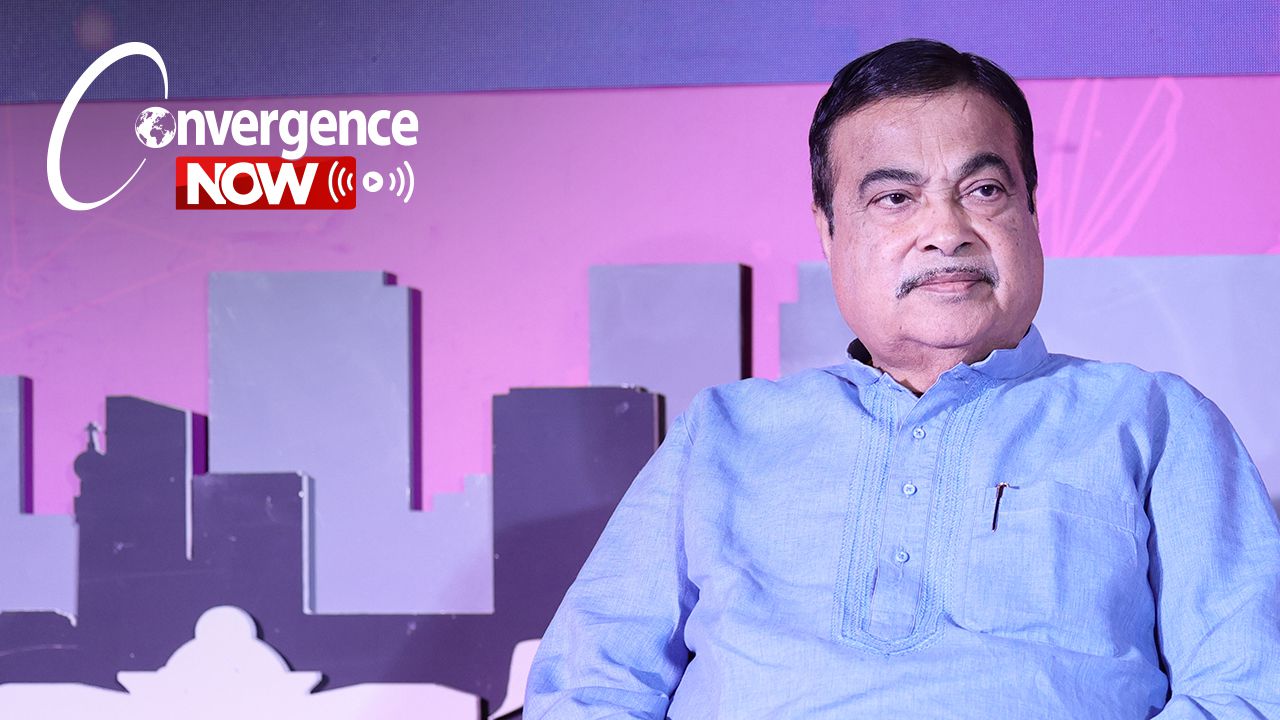Nitin Gadkari, the Minister of Road Transport and Highways, lauds Bharat NCAP (National Car Assessment Programme) in his opening address at the 32nd Convergence India & 10th Smart Cities India expo co-located with the Smart Mobility Expo at the Bharat Mandapam, New Delhi. He says, “Today, the Indian automobile industry is changing rapidly. There is an emerging competition among the companies. The Bharat NCAP star rating has changed the dynamics.”
Bharat NCAP is India’s homegrown car safety assessment program that assigns 'Star Ratings' to vehicles based on their performance in crash tests. The framework is not merely a minimum regulatory requirement; it has been designed with global standards in mind. It allocates ratings to cars from 1 to 5 stars based on their performance in the crash tests. This brings the issue of passenger safety and the manufacturer’s accountability to the light of day.
So far, the assessment program has tested and rated 14 cars, including electric and internal combustion engine models. It has been designed to strategically lower the number of deaths in road accidents by relying on a safety-first approach. It tests cars for technological advancements like airbags, etc, which are indispensable to ensure safety. Through this, the car’s safety features and technologies are assessed to publish a simple star rating, indicative of its relative safety performance.
Pushing Awareness Among the Consumers
Bharat NCAP has successfully shifted the focus of consumer discussions from mileage and affordability to safety and build quality. By bringing a crucial public concern into mainstream discourse, it has emphasized the larger good. This initiative facilitates mutual benefits for all the stakeholders, including consumers, manufacturers, and the government.
Eventually, it has made the buyers more aware to choose what’s best for them in whatever price category they are looking into. The Bharat NCAP website lists cars like Tata’s Curvv EV, Mahindra’s Thar, BE6, xEV9e, Hyundai’s Tucson, and Citroen’s Basalt, among others.
Tackle Increasing Road Accidents
The government, through Bharat NCAP, is aiming to reduce the number of deaths happening on the roads in incidents of accidents by spreading awareness among consumers and encouraging manufacturers to produce safer cars. The program focuses on mitigating the severity of injuries and fatalities in the event of accidents by promoting safer vehicle designs.
Over time, as more vehicles with higher safety ratings populate Indian roads, a decrease in the severity of injuries and fatalities can be expected.
To read what he said about EVs, click here!
Easy on Manufacturers
As the manufacturers no longer need to send their vehicles overseas for crash tests, it will be easier on their planning and pockets. This change will also allow local manufacturers to adhere to a specific standard, bringing greater predictability to their manufacturing strategies.
Furthermore, having a standard organization specific to a country enhances clarity in compliance, fostering accountability within the structure.
India’s Own Safety Standard
While Global NCAP and region-specific safety ratings like Euro NCAP are widely recognized, Bharat NCAP introduces an indigenous rating standard tailored for India. This system is more suitable as it aligns with India-specific testing regulations, considering factors such as road conditions, weather, and other critical parameters.
To read what Shri Abhishek Singh IAS, Additional Secretary, Ministry of Electronics and Information Technology, said at CISCI 2025, read: "India Must Build a Voice-Enabled LLM Tailored to Our Needs” – Abhishek Singh IAS at 32nd Convergence India Expo’25
Furthermore, the government is mulling over Bharat NCAP 2.0. As per the reports, the 2.0 will incorporate Advanced Driver Assistance Systems (ADAS) into its evaluation procedures, significantly enhancing road safety standards. It will focus on implementing active safety systems, such as Automatic Emergency Braking (AEB), lane warning systems, adaptive cruise control, and driver monitoring systems.
32nd Convergence India Expo and Smart Mobility India Expo
The 32nd Convergence India Expo, co-located Smart Mobility India Expo, held at Bharat Mandapam, New Delhi, emerged as a pivotal platform for shaping India's tech-driven future. Convergence India facilitated over 45 conference sessions, bringing together industry leaders, innovators, and ministry representatives to discuss emerging technologies and market trends.
The Convergence India highlighted innovative solutions in passenger mobility, parking automation, EV infrastructure, and integrated command centers, among other technologies.
Both expos fostered groundbreaking discussions and high-value business deals, reinforcing their status as premier hubs for networking and knowledge exchange.




